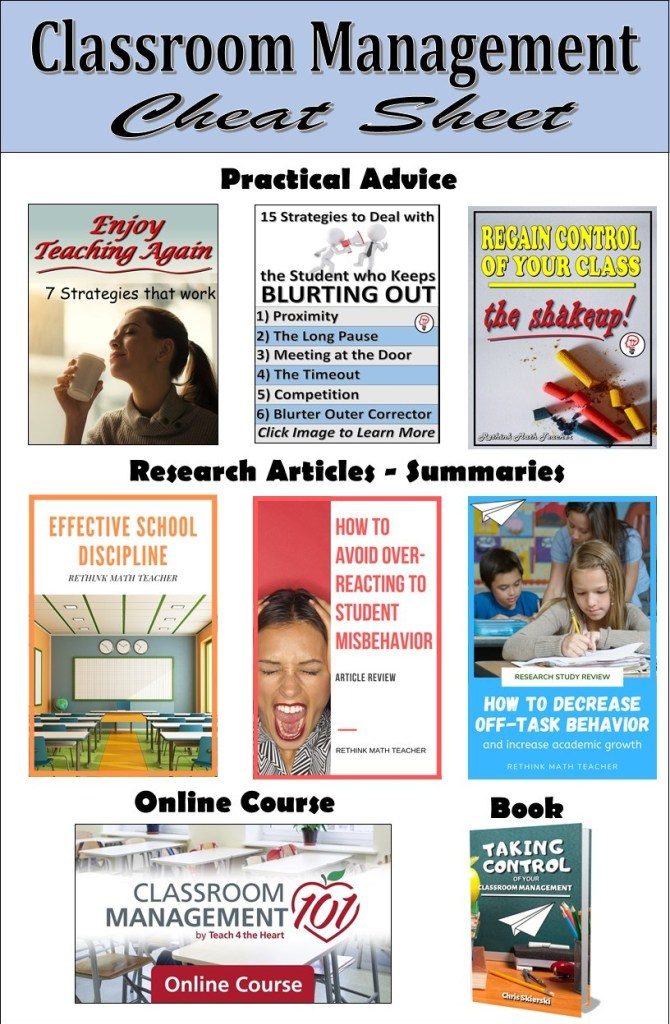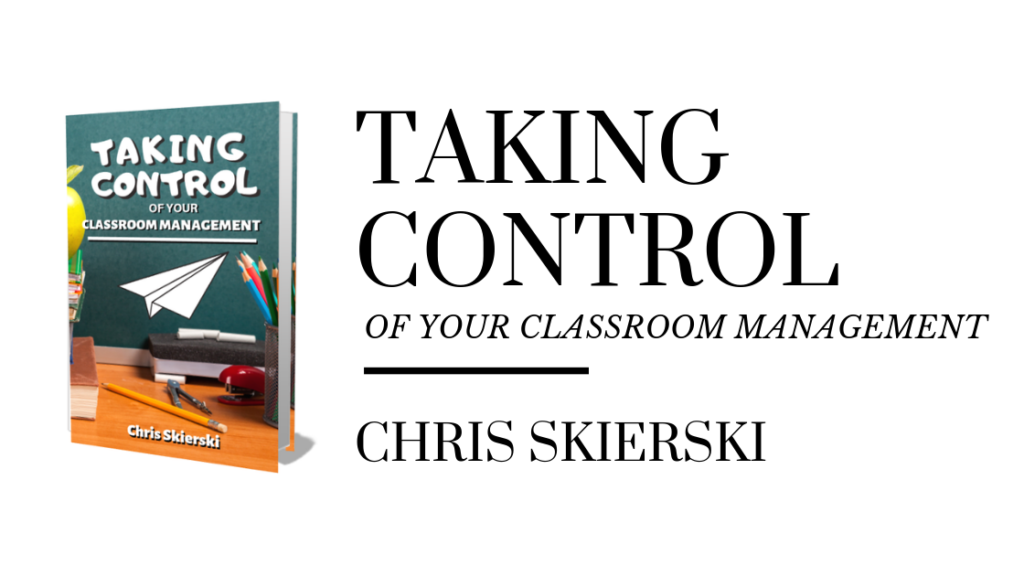
The following is a summary of a research paper on “Effective School Discipline Research Procedures,” conducted by Faye Nelson. To read the entire research paper, click here.
Teachers, parents, and administrators are all concerned about the discipline issues engulfing our classrooms. Through Ms. Faye’s research, many common threads emerge that can help produce a quality classroom management plan.

1. Student Collaboration
Students should participate in the process of determining rules and consequences. When students share in the process of the school’s operation they are more likely to comply with behavioral expectations.
Currently, most students confess that they obey school rules to avoid negative consequences – whether its at home or in school consequences – or to gain recognition. However, one study showed that students consistently express a strong interest in helping with classroom planning, policy making, and discipline. Furthermore, the majority of students claimed that teacher respect for their opinions is consistently violated. Thus, including them in the classroom management planning can help alleviate this resentment. Another study quoted in this research paper found that found that student participation in developing and reviewing school discipline programs creates a sense of ownership.

2. School wide plan
Most teachers, students, and parents in the study suggested that a formal and consistent discipline policy would be a benefit to everyone. Students would be more likely to understand and comply with expectations and parents would be more likely to be supportive.
Most teachers who were interviewed were honored to share their opinions about school discipline, and felt that their school administrators would benefit from similar practices. The interviewed teachers also stated that professional development activities could provide them with opportunities to enhance their classroom management strategies, and expressed a strong desire for such training. The teachers acknowledged that they want to be encouraged to handle discipline problems and to have the endorsement of the administration to support their decisions.

3. Communication
Faye Nelson felt that increased communication of school policies and procedures would also help establish a school wide plan as well as increase student compliance. She recommended clearly communicating the school wide (discipline) plan with parents, students, and teachers in as many avenues as possible (on the website, in the handbook, flyers, posters, email blasts, etc.) – and to do so often.
4. Increased Parent Involvement
Schools that effectively communicate with parents and actively seek their involvement have fewer discipline issues. They have parental involvement in school functions and communities are kept informed of school goals and activities.
5. Teachers handle the majority of incidents
While administrators need to be involved with and take the lead on major behavioral incidents, the majority of situations need to be handled by teachers within their classes. This means that teachers need to be equipped with the tools and authority to implement effective and meaningful consequences, as well as be trained on how to do so. This will also increase when there is a school-wide adopted plan for classroom management.
Administrators should assist teachers to enhance their classroom management and discipline skills by arranging for staff development programs as needed and communicating the school-wide plan. Administrators and teachers need to intervene quickly when discipline problems arise and not allow behavior that violates school or classroom rules to go unchecked.

6. An emphasis on school climate
Addressing the school climate and how it affects school-wide discipline is also recommended. A warm social climate characterized by a concern for students as individuals is typical of well-disciplined schools. At these schools, teachers and administrators take an interest in the personal goals, achievements, and problems of students and support them in their academic and extracurricular activities. Some suggestions were school teams and climate innovations, such as school pride campaigns and expanded extracurricular activities.
Teaching misbehaving students general social skills such as cooperation, self-awareness, and consideration for others can also help diffuse volatile situations.
7. A Data Support System for Discipline Records Is Imperative
“Administrators who follow orderly guidelines and policies and who use an accurate data support system with standardized information can make record-keeping and punishment consistent.”
Want More Support?
To help develop your classroom management plan, click here to learn more about our most recent book “Taking Control of Your Classroom Management.”



